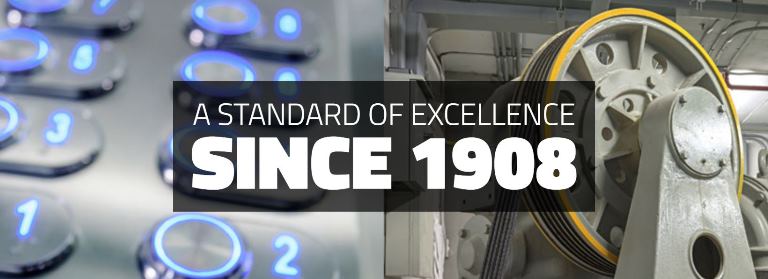Long before the pandemic we started working with a movie theatre in Chicago about modernizing their elevators to comply with the 2017 Chicago Fireman’s Phase II mandate. An elevator company to remain nameless attempted doing overlay panels and did not have the best results. The car featured wasn't required to have an FEO update but it's controller boards are becoming obsolete.
Existing elevator & project scope – The project scope for this elevator was to replace the controller and fixtures to comply with the City of Chicago Fireman’s service Phase II mandate on their 4 garage elevators, the lobby elevator did not have Phase II but the controller boards are being phased out. We replaced their hydraulic power unit and door operator as well to give the elevator 20-30 years of additional life.
New equipment providers
Controllers – Smartrise Engineering
Power
units – Minnesota Elevator w/Maxton UC4 valve
Door
operators – GAL MOVFR
Fixtures
– Innovation Industries
Elevator Controller – The existing Dover DMC elevator controller was replaced with a Smartrise Engineering controller. The Dover DMC controller and ancillary boards are becoming obsolete.
Machine room– The machine room was a typical Dover DMC set up, good space, ready for a relatively easy “work by others” scope due to the age of the equipment.
Door operators – The elevator had a Dover Elevator door operator on it prior to the modernization and replaced with a GAL MOVFR.
Elevator fixtures – The old Dover Impulse fixtures are replaced with new code compliant Innovation Industries elevator fixtures.
Elevator Pit – A good cleaning and
nice paint job done by our project team! Great finishing touch!
Take away – All elevator
modernizations are not completed due to “end of life” considerations. This project is a mixed bag, we have 4 elevator controllers being replaced for FEO considerations and the car pictured is being replaced to stay ahead of the Obsolescence curve.
If you have any questions or would like additional information feel free to contact me at CraigZ@colleyelevator.com or 630-766-7230 ext. 107.


















